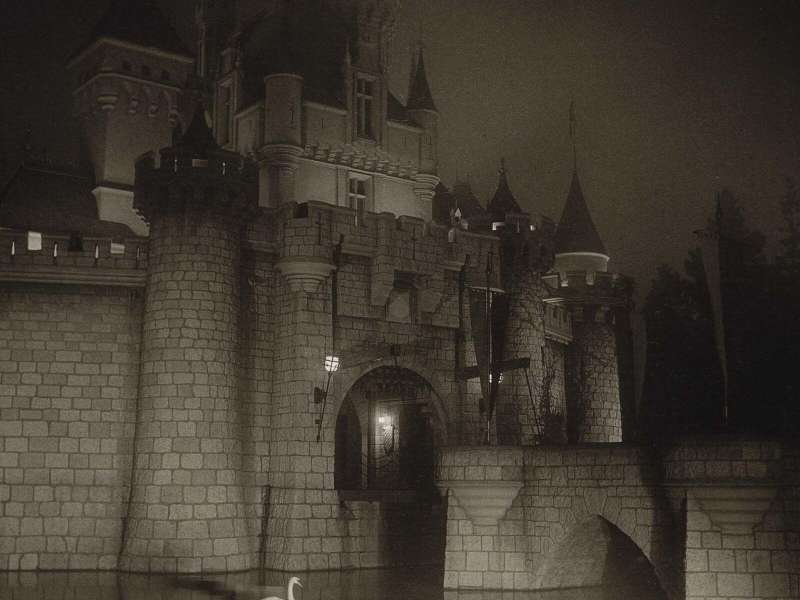
Diane Arbus, the Gaze that challenges the Viewer
The London exhibition devoted to Diane Arbus focuses on the intimate, domestic settings where the American photographer created some of her most compelling portraits. It reveals the power of a gaze that confronts the viewer without compromise, bringing to light the complexity of lives often overlooked.
もっと読む